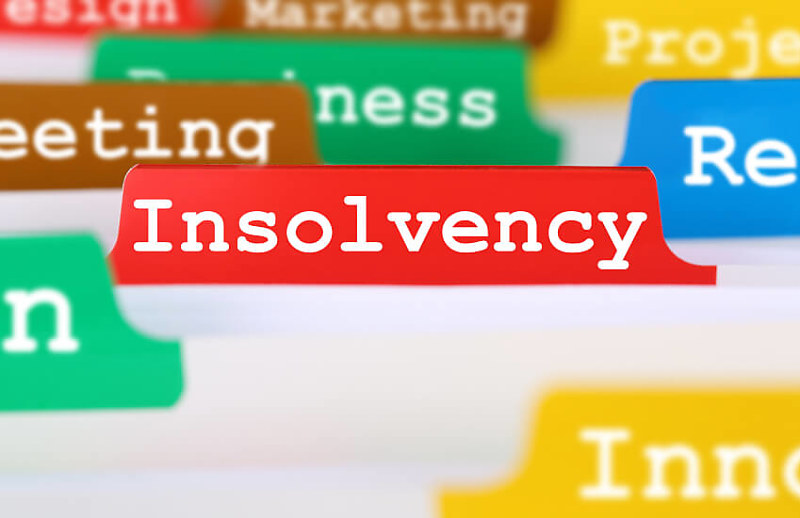You’re out of free articles for this month
"Rather than defaulting to liquidation, more directors are recognising restructuring as a viable pathway to recovery. This trend not only preserves jobs and supplier relationships but also provides better returns for creditors, reinforcing the importance of early intervention and expert insolvency guidance."
The ATO has tightened its approach to debt repayment plans as part of its effort to claw back unpaid tax debt following the pandemic, which could make it more difficult for businesses to gain SBR approvals. However, Insolvency Australia noted that well-structured SBR proposals continued to achieve approval.
Small business restructuring plans have enabled viable businesses experiencing cash flow issues to remain in operation, benefiting small businesses, creditors and the broader economy.
"The criticism that SBRs merely delay inevitable failure is contradicted by the data," Jarvis Archer, founder and managing director of Business Reset said.
"Less than 5 per cent of over 200 SBR proposals accepted by creditors have been terminated before completion, highlighting the transformative potential of well-executed restructuring plans. SBRs yield better returns to creditors than liquidation."
The hospitality and construction sectors have been under pressure following the pandemic, making up almost half (49.6 per cent) of recent small business restructuring appointments, ASIC data showed.
This over-representation stemmed from a “perfect storm” of challenges that these industries faced following the pandemic, Insolvency Australia said. For the construction industry, these included rising costs, supply chain disruption and unprofitable fixed price contracts.
"Many [construction] businesses remain burdened with legacy debt from fixed-price contracts that resulted in significant losses. SBR has proven to be an invaluable lifeline for these businesses," Michael Renton, chief executive and founding partner of Xact Accounting, said.
"It allows fundamentally healthy companies to restructure their obligations, stabilise cash flow, and continue trading effectively."
The hospitality sector has also grappled with price pressures, alongside staff shortages and reduced consumer demand due to the cost-of-living crisis.
"The ATO has been applying maximum pressure to collect its debts. Many businesses have simply ceased paying the ATO as they struggle with increased costs due to inflation. In the hospitality sector, particularly in Victoria, many businesses had substantial ATO debt coming out of COVID-19," Shane Rose, managing director of Rose Corporate, said.
"We've had success with clients going through an SBR, ensuring business continuation where liquidation would have been the only alternative."
Insolvency Australia said SBRs provided better returns for creditors while enabling viable businesses to continue operating after challenges with insolvency. This had benefits for economic stability and the resilience of sectors undergoing economic pressure.
Jarvis Archer, founder and managing director of Business Reset, said: "The ATO and other creditors typically receive more through a structured payment plan than they would through fire sales of assets. It's a win-win when done correctly.”

 Login
Login






